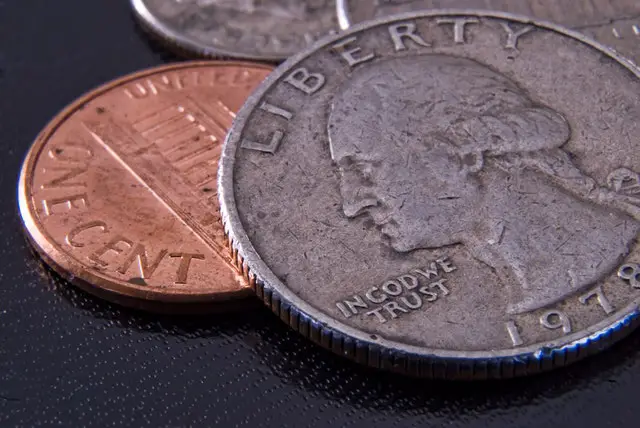What are penny stocks? The term penny stocks most commonly refers to the stock of a small company that is priced at $5 a share or less. Few penny stocks trade on major exchanges like the NASDAQ or New York Stock Exchange (NYSE). Most traditional penny stocks are not listed on any exchange and instead trade on the over-the-counter (OTC) market through the electronic OTC Bulletin Board also known as the Pink Sheets. Many brokers don’t allow OTC trades as the securities are not regulated through exchange rules. The stocks listed on the OTC market don’t have to meet any financial company standards to be listed like is required on traditional exchanges.
Here are some of the dangers of penny stocks.
- There are shell companies and fake companies that trade on the OTC market which leads to higher fraud risk.
- Liquidity can also be a concern and stocks with little trading volume can have wide bid/ask spreads and bad fills both entering and exiting.
- It is difficult if not impossible to find shares to borrow to sell short on penny stocks in most cases taking away half of trading opportunities.
- Penny stocks are easier targets for pump and dump schemes as they trade with such low volume.
- Penny stocks are easy to manipulate through newsletter services.
- Their price action has little to do with technical analysis of their chart or the fundamental analysis of the underlying company.
- They are not regulated well.
- It can take a long time to get a fill on an OTC penny stock waiting for another matching buyer or seller.
- Penny stocks that are on major exchanges or that were recently delisted could be near bankruptcy and headed for zero in the future.
- The best companies with the greatest future growth potential in the world are not penny stocks.
Penny stock trading has many more risks associated with it versus more traditionally regulated exchange traded stocks. Buying beware.
